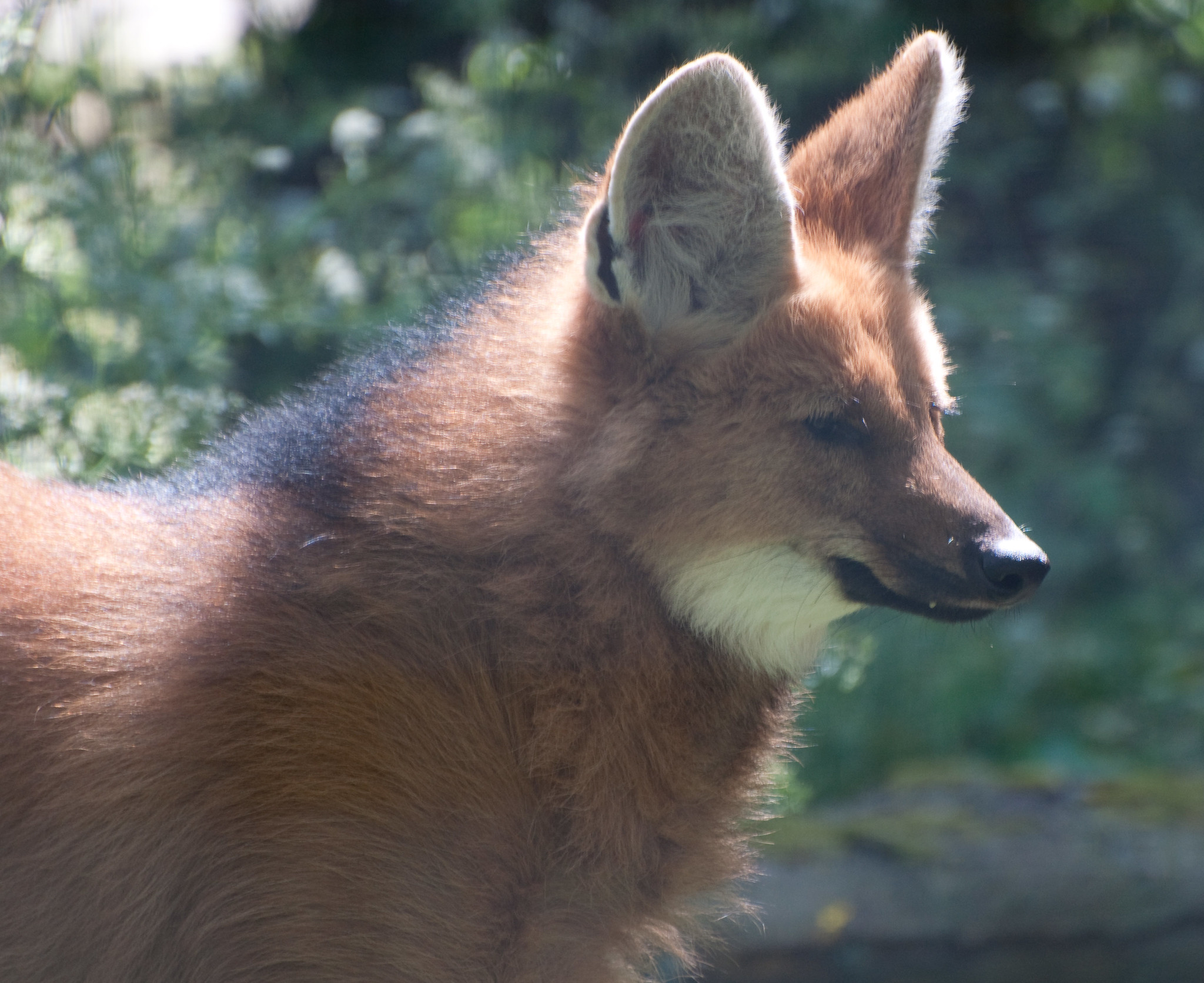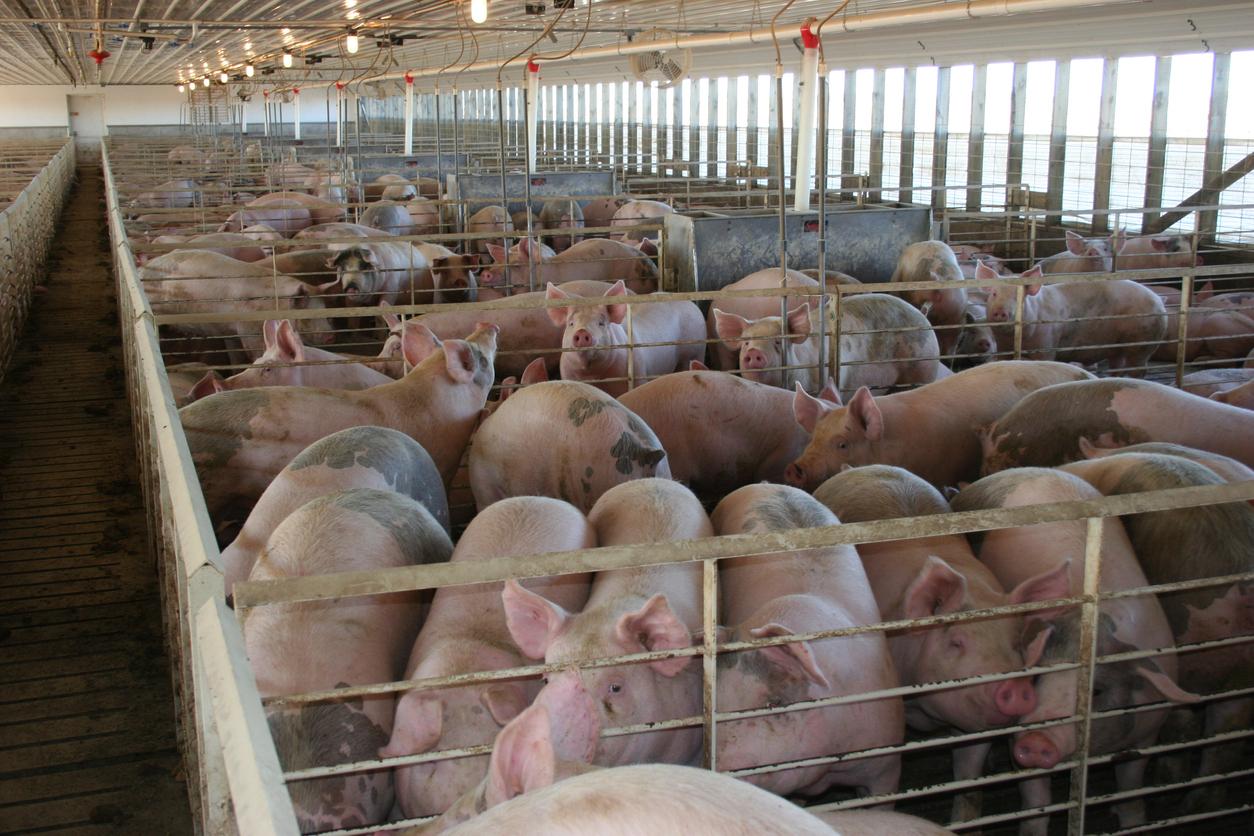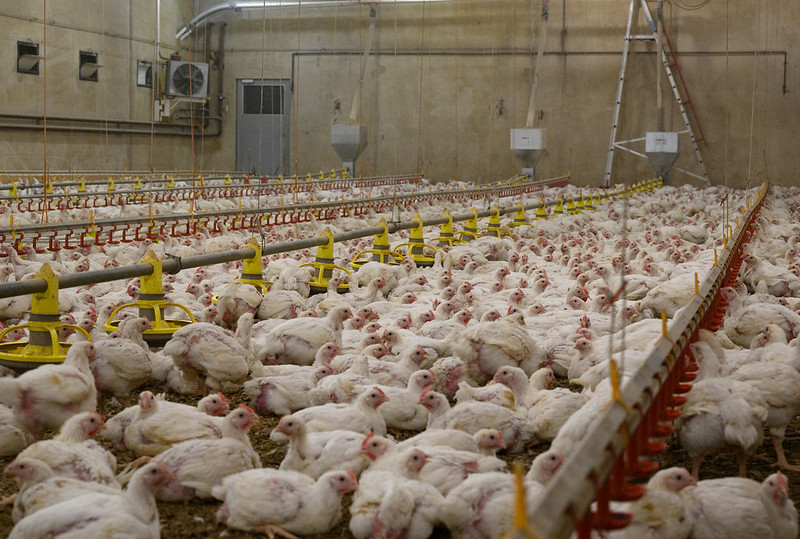
Of 47 animals tested at a zoo in Brazil, 9 were positive for SARS-CoV-2 RNA on reverse transcription-polymerase chain reaction (RT-PCR), with phylogenetic analysis suggesting they may have been infected by people, according to a report published yesterday in Virology Journal.
A team led by researchers from the Universidade Federal de Minas Gerais obtained oropharyngeal, rectal, and nasal swabs from 47 animals of different species at Belo Horizonte Zoo from November 2021 to March 2023.
"Zoos are unique in terms of the epidemiology of human-animal interactions," the authors wrote. "They shelter multiple species of wildlife from a wide range of taxonomic groups in relative proximity, and interactions between animals and humans are frequent, especially for animal caregivers."
Alpha, Omicron found in wolf, deer, gorilla
Roughly one fifth (19.1%) of the animals tested positive for SARS-CoV-2. Of 147 swabs, SARS-CoV-2 RNA was found in 5 rectal (10.6%), 3 oropharyngeal (6.3%), and 2 nasal (5.8%) samples.
Three genome sequences identified two variants of concern: Alpha in a maned wolf and a fallow deer and Omicron in a western lowland gorilla. Animal-genome clustering close to human samples from the same region suggested potential human-to-animal viral transmission.
The detection of different variants suggests ongoing viral evolution and adaptation in new hosts.
From November 2021 to January 2022, although the zoo restricted visitor access as an infection-control measure, three animals tested positive for SARS-CoV-2, which the researchers said suggests that infection could have occurred through contact with zookeepers.
But after the zoo reopened to visitors in February 2022, more animals tested positive, raising the question of whether visitors increased the risk of transmission to zookeepers, who may have then infected the animals through direct contact or aerosol exposure.
"The detection of different variants suggests ongoing viral evolution and adaptation in new hosts," the researchers wrote. "Continuous monitoring and genomic surveillance of SARS-CoV-2 in wildlife are essential for understanding its transmission dynamics and preventing future zoonotic outbreaks. These findings underscore the need for integrated public health strategies that include wildlife monitoring to mitigate the risks posed by emerging infectious diseases."


.jpg)












